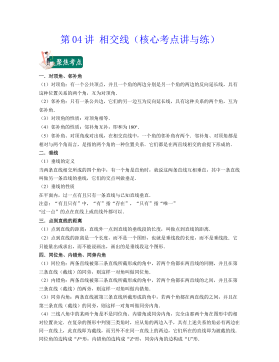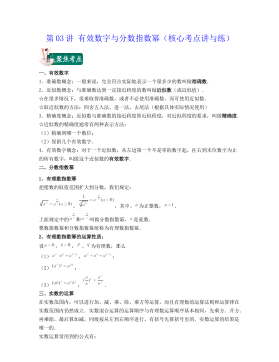利益集团视角下改革的拖延与突破新探——基于马尔可夫均衡分析
浙江财经学院硕士学位论文I摘要改革进程是利益集团围绕利益的博弈过程,也是一个权利的逐步调整和制度变迁的政治过程。改革的拖延与突破是体制变革的动力和阻力角逐的结果,危机冲击下利益集团之间的妥协是改革推进的主要原因之一。在中国30年渐进式的体制转型中,既有顺利的、快速推进的成功案例,也有因无法解决日益严重的利益冲突而引致改革延迟、搁浅或陷入僵局状态。当前中国的改革正处于深水区,进一步的深化改革必触动原有利益格局和加大社会冲突,因此,在体制改革的很多重要的方面上都捉襟见肘、停滞不前。危机和体制转型之间不存在一种决定性的关系,但危机加快改革是不争的事实。尽管次贷危机已过,但危机的阴影依然存在,这为我们...
相关推荐
-
10KV电网D-SCADA 系统信息采集与故障诊断研究与设计VIP免费
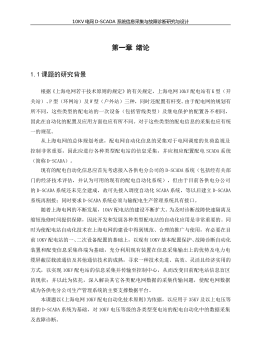
 2024-10-14 20
2024-10-14 20 -
方形吸顶散流器平送风等温射流特性研究VIP免费
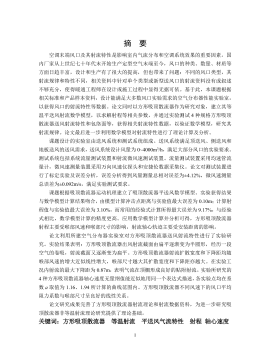
 2025-01-09 6
2025-01-09 6 -
关于充液声导波传感器中频散兰姆波的研究VIP免费
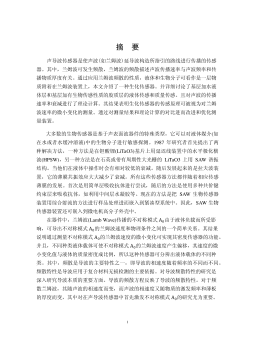
 2025-01-09 6
2025-01-09 6 -
结合梁斜拉桥施工过程中考虑剪力滞影响的分析方法VIP免费

 2025-01-09 6
2025-01-09 6 -
空调房间热舒适性的数值模拟与实验研究VIP免费
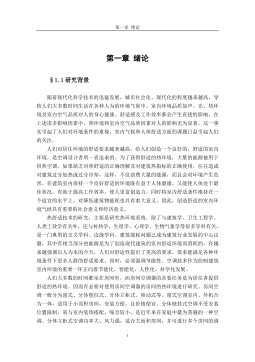
 2025-01-09 7
2025-01-09 7 -
汽车前轮线控转向系统研究VIP免费
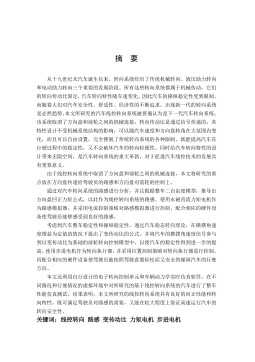
 2025-01-09 8
2025-01-09 8 -
输入分配型混合动力车辆动力系统控制策略研究VIP免费
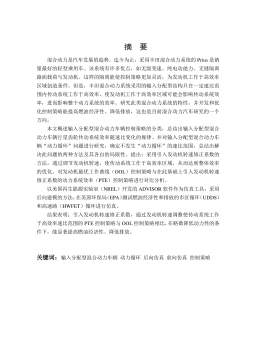
 2025-01-09 7
2025-01-09 7 -
双馈风力发电系统的柔性并网控制研VIP免费
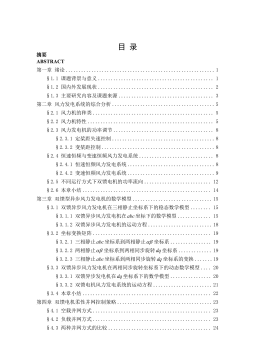
 2025-01-09 8
2025-01-09 8 -
污水处理厂污泥好氧堆肥发酵技术的试验研究VIP免费
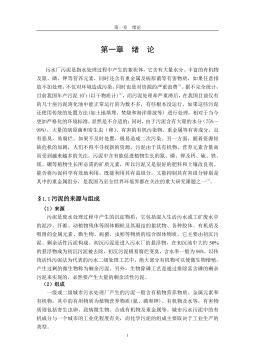
 2025-01-09 7
2025-01-09 7 -
应用风室试验装置的风机性能VIP免费
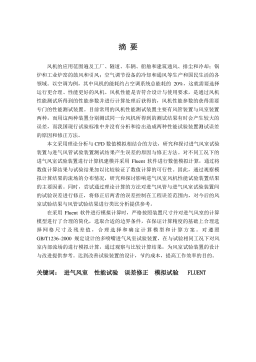
 2025-01-09 8
2025-01-09 8
作者详情
相关内容
-

汽车前轮线控转向系统研究
分类:高等教育资料
时间:2025-01-09
标签:无
格式:PDF
价格:15 积分
-

输入分配型混合动力车辆动力系统控制策略研究
分类:高等教育资料
时间:2025-01-09
标签:无
格式:PDF
价格:15 积分
-

双馈风力发电系统的柔性并网控制研
分类:高等教育资料
时间:2025-01-09
标签:无
格式:PDF
价格:15 积分
-

污水处理厂污泥好氧堆肥发酵技术的试验研究
分类:高等教育资料
时间:2025-01-09
标签:无
格式:PDF
价格:15 积分
-

应用风室试验装置的风机性能
分类:高等教育资料
时间:2025-01-09
标签:无
格式:PDF
价格:15 积分


